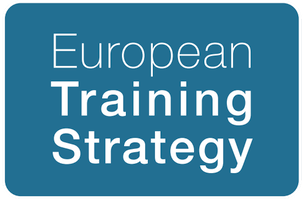

The elements of knowledge are summarised in different headlines that illustrate what “designing programmes” means for youth workers knowledge-wise. The “cluster headlines” do not name detailed knowledge as such; these can be found through clicking on the lists.
Certain criteria and conditions influence the programme design. + -
As a common ground, it is good to know:
- the values and key principles of non-formal learning
- different educational methods and concepts that are appropriated for different environments both online and offline
Learners’ background and experiences influence how youth workers set up their programmes. + -
This requires youth workers to be knowledgeable about:
- the socio-economic realities of young people
- assessment practices in non-formal learning
- how to tailor and apply methods and concepts to various needs
- the young people involved and their community
Transferring theoretical knowledge to practice is another challenge youth workers face. + -
They also need to know:
- how to apply research into practice
- value systems and related mechanisms
- project management processes
Technological and digital issues are also part of education and youth work. + -
This requires being knowledgeable about:
- platforms and the risks and benefits of using different digital tools
- power structures behind digital technologies and connected issues as datafication, etc.
- various tools and methods to acknowledge authors’ rights such as copyleft
- GDPR (General Data Protection Regulation) and its updates



